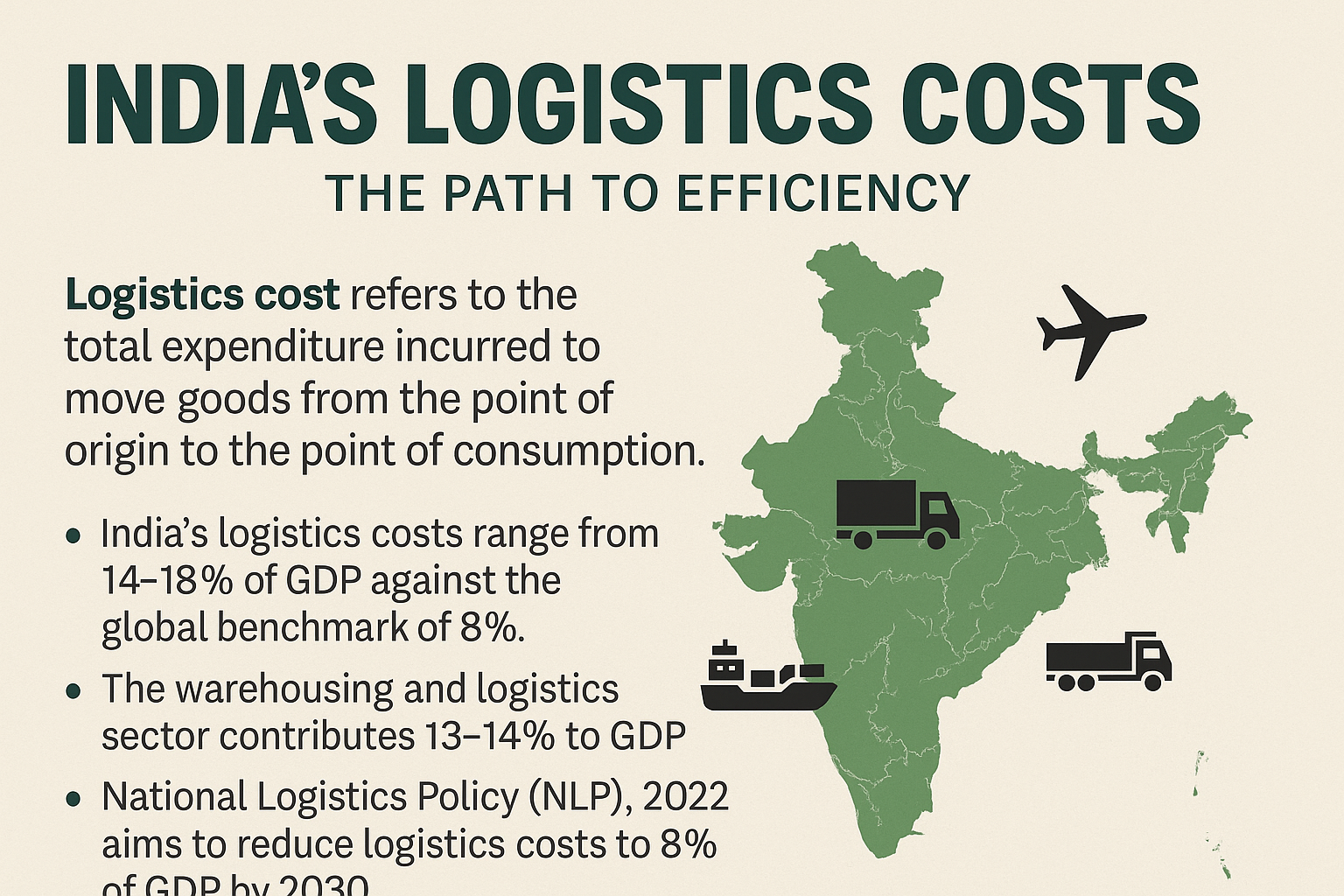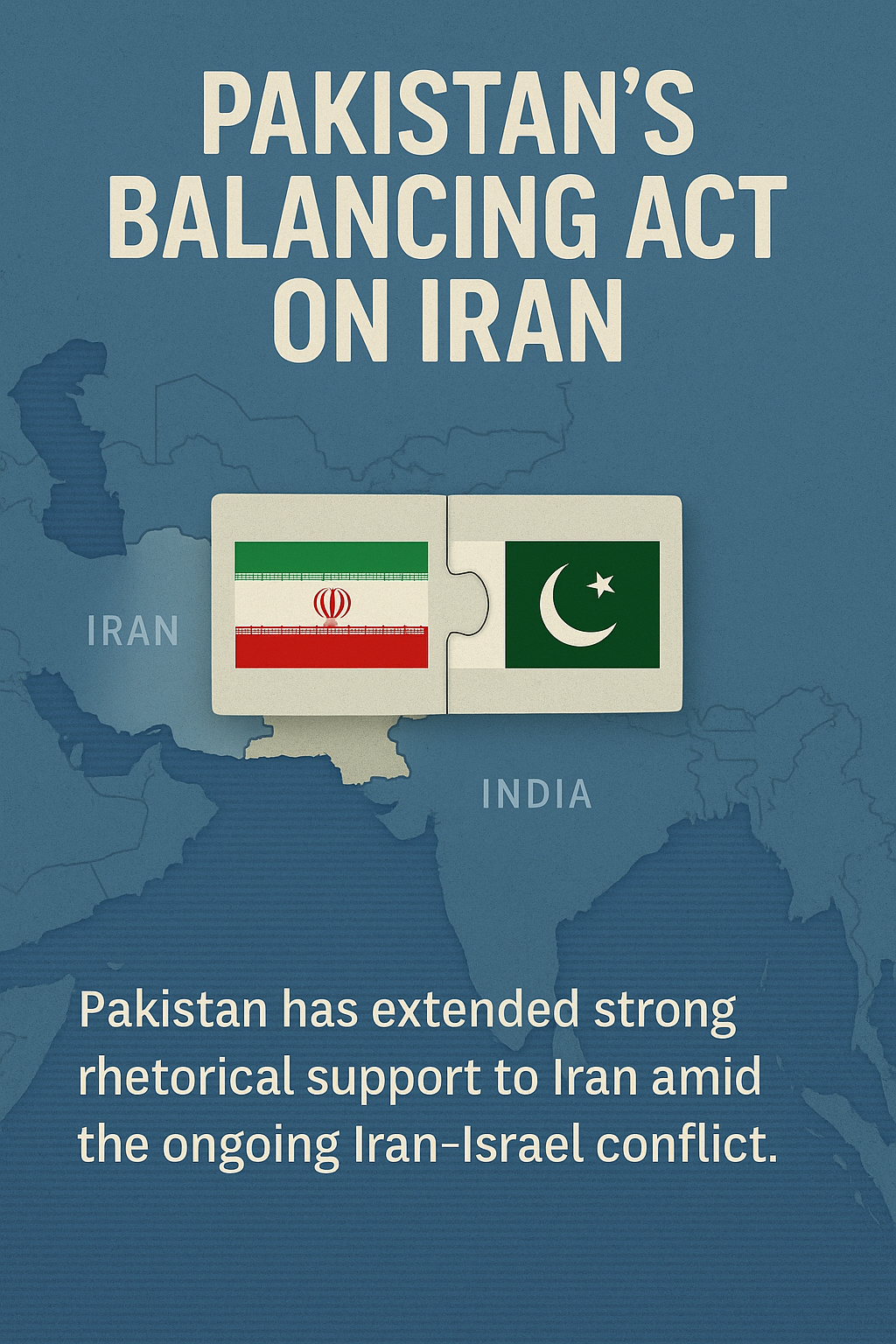110.
📉
Global Economy • Geo-Economic Fragmentation • Emerging Markets • Sanctions • World Economic Forum
Fragmenting Finance: WEF Warns of Massive GDP Loss from Geo-Economic Divides
The World Economic Forum’s latest report, Navigating Global Financial System Fragmentation, sends a chilling warning: geo-economic fragmentation could shrink the global GDP by up to 5%, overshadowing the impact of both the 2008 financial crisis and the COVID-19 pandemic. The report puts emerging markets like India, Brazil, and Türkiye at the highest risk—caught in the crossfire of escalating geopolitical rivalries.
🌍 What Is Geo-Economic Fragmentation?
- A rising trend where nations split into economic blocs, using financial tools for geopolitical ends.
- Examples include:
- Sanctions
- Subsidies
- Trade barriers
- Efforts to build alternative financial systems
- Result: Disrupted trade routes, reduced capital flows, and fragmented global collaboration.
💸 Economic Consequences: Bigger Than Past Crises
- Estimated global GDP loss: USD 0.6 trillion to USD 5.7 trillion.
- Up to 5% of global GDP at risk.
- Investment declines, supply chains fracture, and trade efficiency plummets.
- Inflation spike: In worst-case scenarios, prices could surge by 5% or more.
🚫 The Sanction Spiral and Financial Statecraft
- Since 2017, the use of sanctions has skyrocketed by 370%.
- Financial networks are now tools of diplomacy and deterrence.
- Western and Eastern blocs are increasingly forming economic echo chambers, raising fears of “decoupling”.
🌐 Emerging Markets: The Vulnerable Frontline
- Countries like India, Brazil, and Türkiye could suffer GDP declines exceeding 10%.
- Heavily reliant on open trade, these nations lack the buffers of wealthier states.
- Inflation, currency volatility, and investment freezes are major risks.
📈 Inflation and Consumer Impact
- Reduced global cooperation drives higher costs for goods and services.
- Fragmentation can diminish competition, triggering price hikes.
- Emerging markets, already inflation-sensitive, face the harshest brunt.
🛡️ Policy Recommendations from the WEF
- Adopt a principled approach to economic statecraft—not punitive, but collaborative.
- Encourage cross-border cooperation, even amid political divergence.
- Build resilience into economic systems through sustainable development, inclusive trade policies, and financial transparency.
⚠️ The Future of Economic Decoupling
- If current trends accelerate, the world could split into rival blocs with limited interdependence.
- Non-aligned nations may be forced into exclusive trade arrangements, deepening economic isolation.
- A fragmented future risks reversing decades of global progress.















